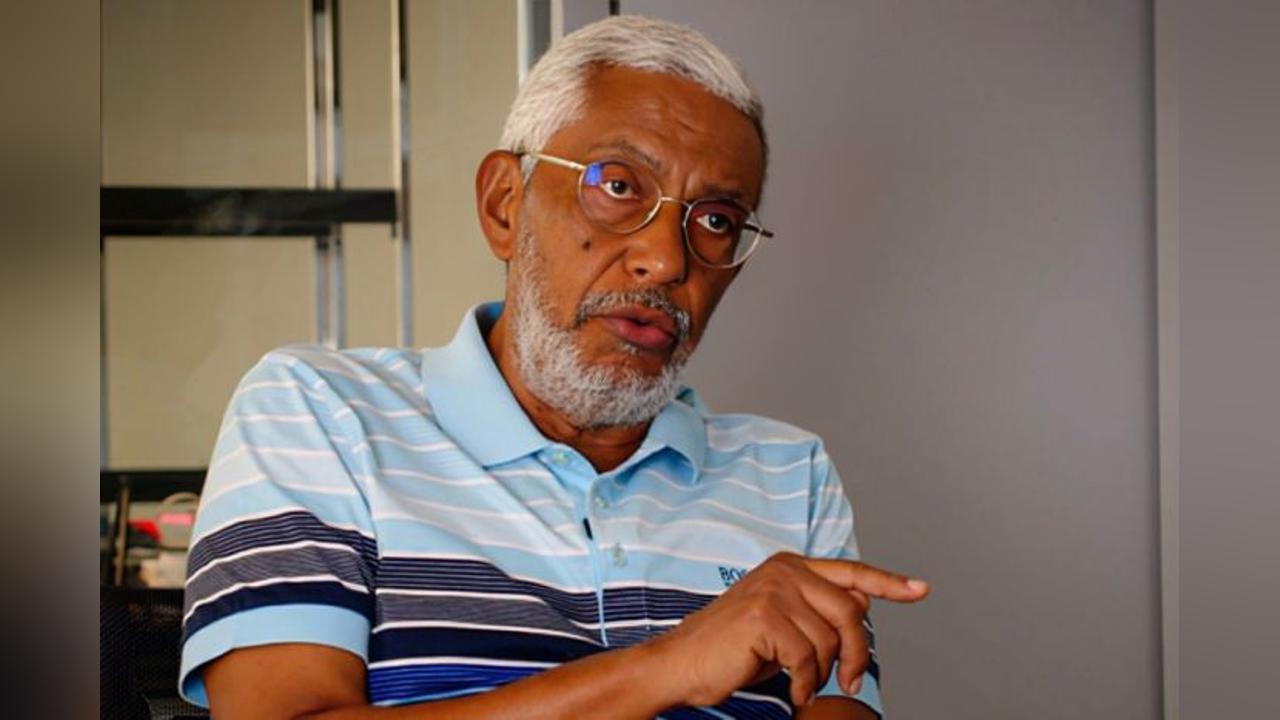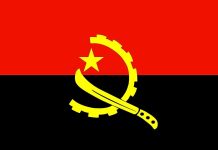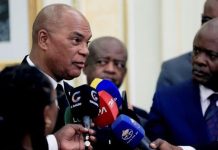Africa-Press – Angola. Agronomist and former member of the Angolan Council of the Republic Fernando Pacheco argued today that Angola lacks institutions capable of guiding the course of the economy, especially agriculture, and that the business environment discourages entrepreneurs.
The former member of the Council of the Republic, during the first term of Angolan President João Lourenço, argues that the Angolan economy needs to be guided by structured and well-equipped institutions so that production, especially agricultural production, has a sustainable impact on the lives of the population.
The country’s current situation, he said, speaking on the sidelines of the Angola Economic Forum (AEF-2025), is the result of the lack of “sufficiently structured and equipped institutions to properly guide the course of our economy, but we also have the problem of a lack of entrepreneurs.”
Fernando Pacheco noted that the country has a small number of entrepreneurs, who are therefore unable, “no matter how good they are, to boost the economy, especially agriculture.”
“On the other hand, it is a fact that the business environment (…) discourages both nationals, and I am concerned first and foremost about nationals, but also foreigners,” he pointed out.
The agricultural engineer admitted that there is an effort to attract foreign investment, but this investment, he insisted, “is not coming because the business environment [in Angola] is not sufficiently attractive.”
“The country must understand that if it doesn’t invest seriously in its institutions, things will never improve,” he stressed.
The former advisor, one of the speakers on the panel that discussed Angola’s economic history: an assessment of economic policy options in the post-independence period, also criticized the lack of investment in business incubation, especially during the period of increased oil revenues.
“If we had made a serious investment in business incubation, in training entrepreneurs, if we had recognized that this was a deficit we had, due to colonialism, but also due to the war, we would have more capable entrepreneurs today, whether from a management, technical, or visionary standpoint,” he observed.
“Unfortunately, the fact that we faced a series of situations resulting from the increase in the price of oil and its production at the national level led us to move forward with some projects that were, in my opinion, unrealistic,” he criticized.
The consultant and researcher also said that the large industrial farms, built after the armed conflict in 2002, “consumed, at the time, around two billion dollars and the results were very negative”.
“So much so that the Government then had to privatize this set of projects and then, starting in 2014, always in the field of agriculture, begin a new phase that we are now going through, where there are still some difficulties, but it seems to me that the path is now more assertive,” concluded Fernando Pacheco.
The AEF-2025, which brings together more than 70 speakers, including politicians, economists, government officials, academics, businesspeople and diplomats, runs until Friday in Luanda under the motto “We Celebrate History, We Drive the Future of the Economy”, alluding to Angola’s 50th anniversary of independence.
angola24
For More News And Analysis About Angola Follow Africa-Press






